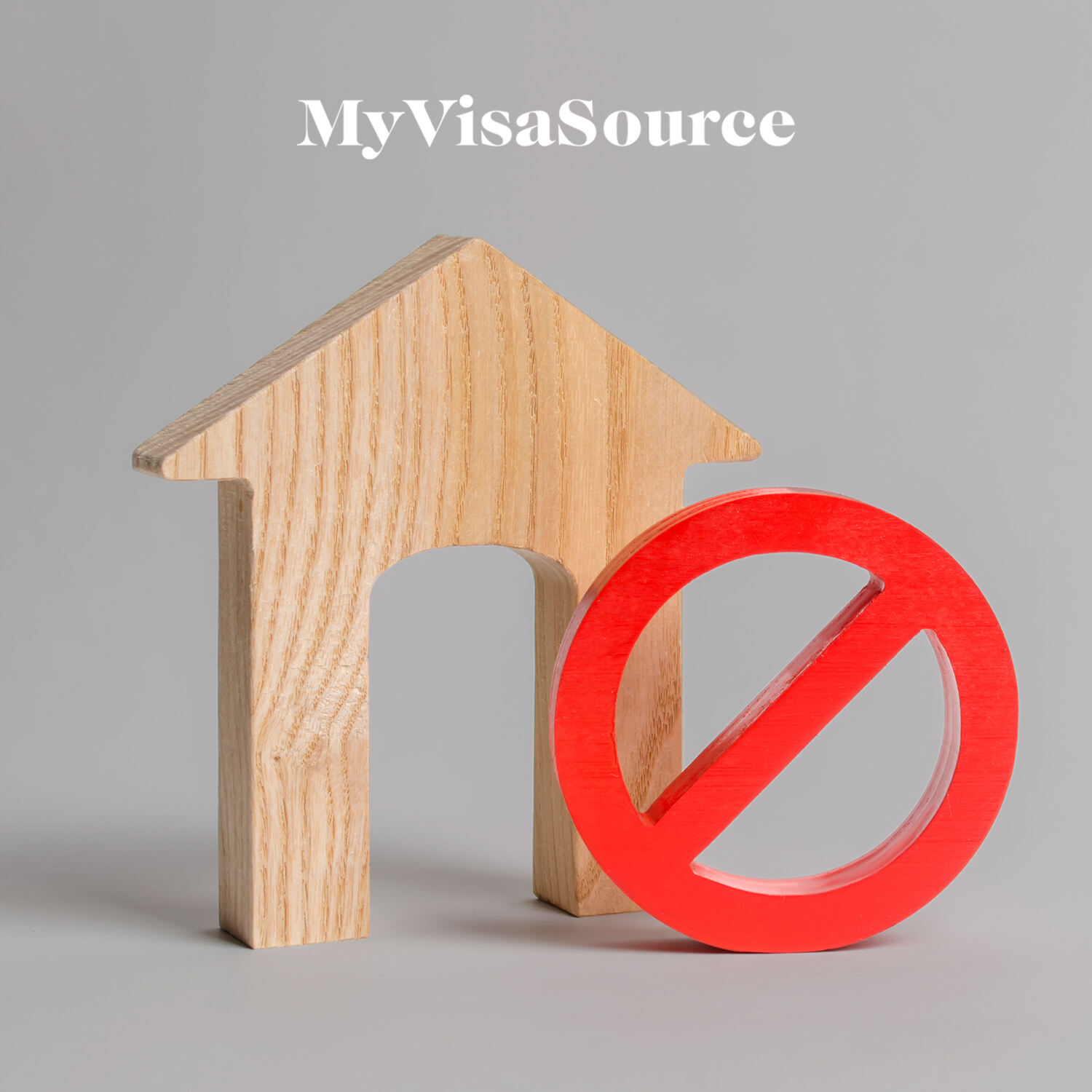Thousands of potential immigrants have to face problems in their immigration process due to past criminal convictions. However, based on your current status as a noncitizen, the criminal convictions will have a different effect on your immigration status in the United States.
Here’s when you need to understand the difference between the grounds (reasons) for inadmissibility and deportability. Inadmissibility makes you ineligible for permanent residency in the US and deportability may take away your current status as a permanent resident. Therefore, it is important to understand in detail how they are different and how they may lead to your removal from the US.
What Is Inadmissibility?
According to the Immigration and Nationality Act (INA), the grounds of inadmissibility applies to foreign nationals seeking to enter the US and the right to stay in the US as a permanent or temporary resident. It can also apply to permanent residents returning to the US after a trip abroad.
What Is Deportability?
According to Section 237 of the INA, the grounds of deportability apply to noncitizens already residing in the US on a temporary or permanent status. They also apply to individuals who entered the US without authorization and therefore, must be deported.
How Does a Criminal Conviction Affect Your Immigration Status?
The consequences will be based on the type of conviction that you have and their current immigration status. Some criminal convictions have no impact on the permanent resident status in the US but may cause some problems if the permanent resident travels abroad. The grounds for inadmissibility also differ based on your situation and the type of conviction you have. You may be medically inadmissible. However, for this topic, we will only focus on criminal inadmissibility.
Inadmissibility affects the following people when they are trying to enter the US:
- Applicants for permanent residence
- Undocumented immigrants
- Lawful permanent residents returning from travel abroad
- Applicants for renewal, change or Adjustment of Status
The most common grounds for criminal inadmissibility include the following convictions:
- Prostitution and vice
- Crimes of moral turpitude like fraud, larceny, intent to harm property or persons, human trafficking, etc.

















